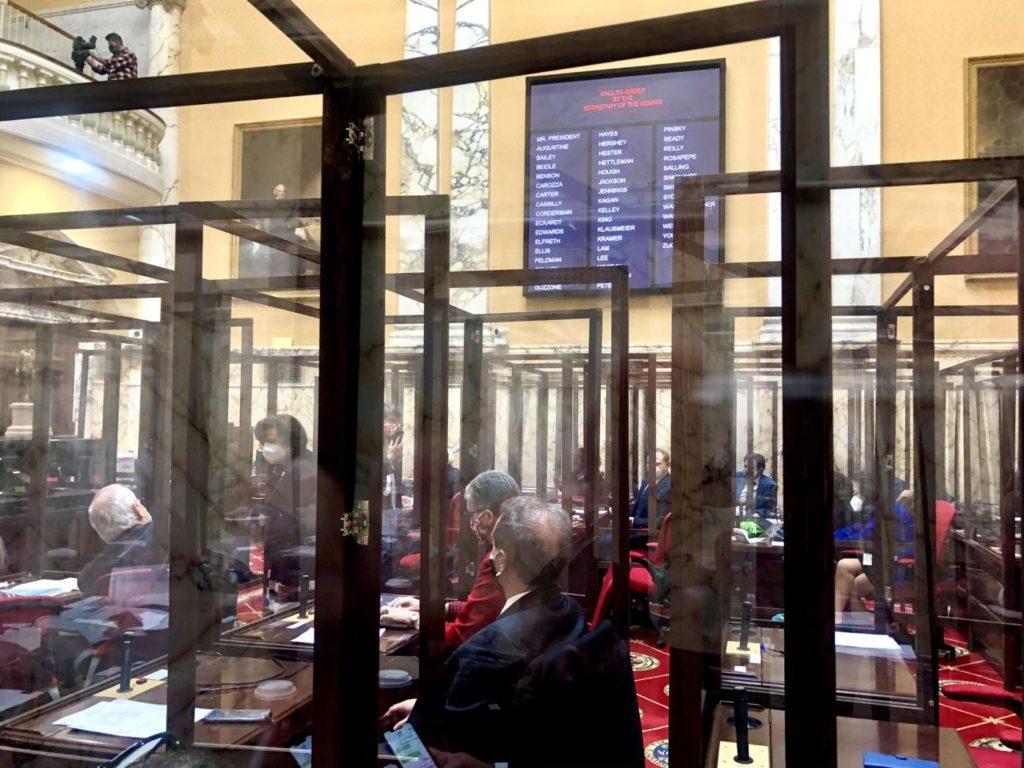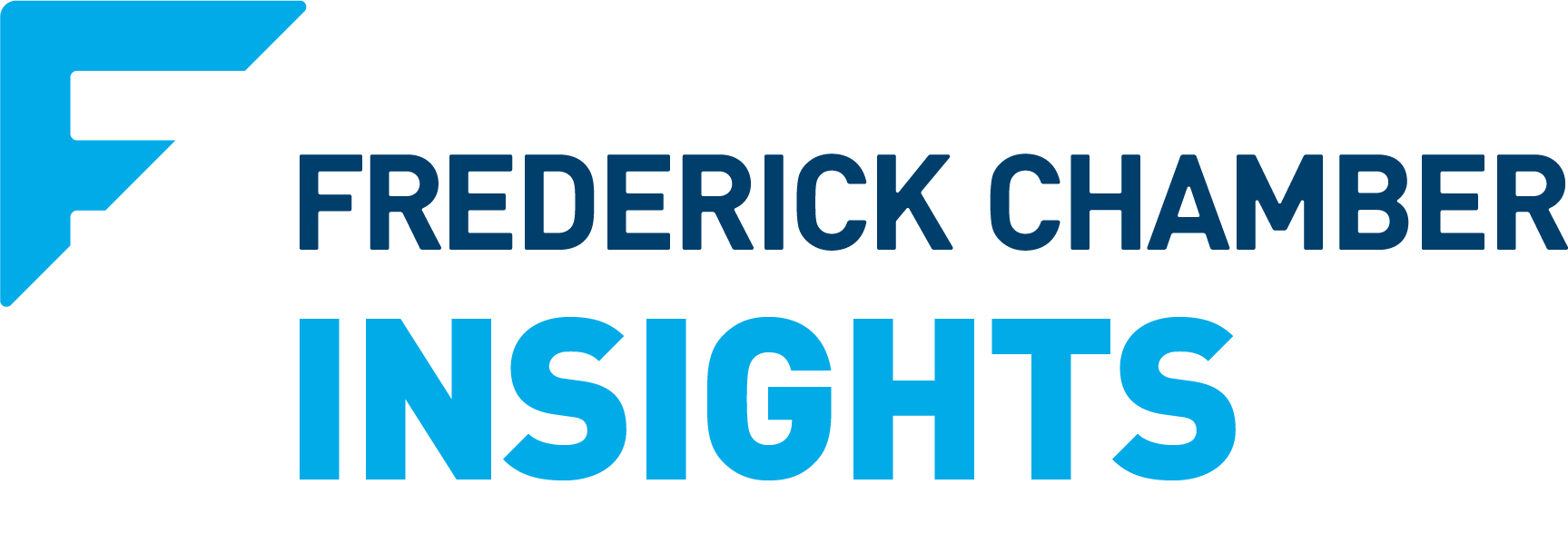Previous advocacy articles have focused on the odd nature of the 2021 Session, but it’s nearing time for this experiment in distanced governance to head towards the end of the line. There are only three weeks left in the COVID Session, as the Sine Die day falls on April 12, 2021.
At midnight on April 12, all legislative work ends, and our Delegates and Senators return to their “normal” lives. The proximity of the end of the legislative session means that the workload of the policy committees accelerates dramatically, as do the floor work sessions. As you might recall from your primary education, a bill cannot become law without having passed both the House and Senate in the same form.
Between House bills, Senate bills, cross-files and resolutions, there were almost 2,800 legislative proposals on the table at the outset. Public hearings, hours-long committee and floor sessions, and committee voting sessions have reduced that overall number by more than half. That’s typical for a regular session, but critical during this COVID-influenced session.

The Chamber, in our critically important advocacy role, has been deeply invested in the process, more so than previous sessions. The influence of the pandemic meant a limited ability for Maryland citizens to interact with their state legislature. All testimony was virtual, and the process for registering to appear via video was a little complicated and not necessarily conducive to engagement.
Personally, I’ve spent dozens of hours watching hearings and floor sessions, and also testifying via video or through written submissions on:
- Tax policy- opposing a wide range of bills that would add tax burdens on small businesses struggling to survive during the pandemic
- Unemployment- adding our voice to the chorus of frustration over the inadequate UI benefits process as well as concerns over experience ratings going forward based on COVID-19
- Employee benefits- opposing efforts to add new mandated benefit programs to employers already struggling to keep people employed
- Criminal justice reform- supporting common-sense proposals to ensure fairness, equity and reasonable investments in public safety program and services
- Healthcare- opposing costly new mandates and supporting access to affordable care, especially for small and medium-sized businesses
- Civil Liability reform- supporting necessary liability protections for employers that follow CDC guidance to reopen, but face tort actions from disgruntled employees
We won’t really know how we’ve done until after Sine Die, and I’ll work on a summary article here to “score” our advocacy, both pro and con.
I’ve really been harping on this, but I cannot overemphasize how important our work on your behalf is when it comes to the legislative process. This March, I’m celebrating 11 years since I left the House of Delegates, but I didn’t leave my love for General Assembly, and my knowledge of how things get done, which people to connect with to influence the process on your behalf, and my ability to be your advocate as a part of your membership investment.
– Rick Weldon, President & CEO
Frederick Chamber Insights is a news outlet of the Frederick County Chamber of Commerce. For more information about membership, programs and initiatives, please visit our website.

